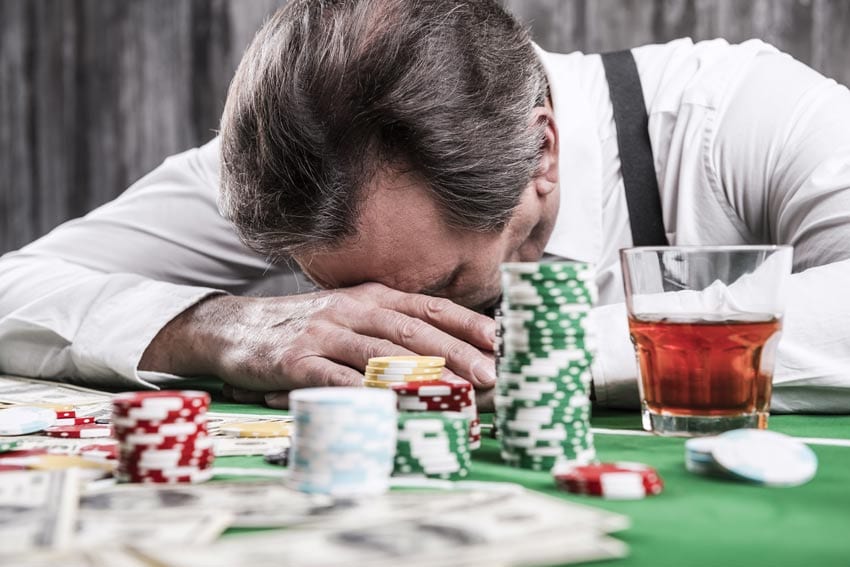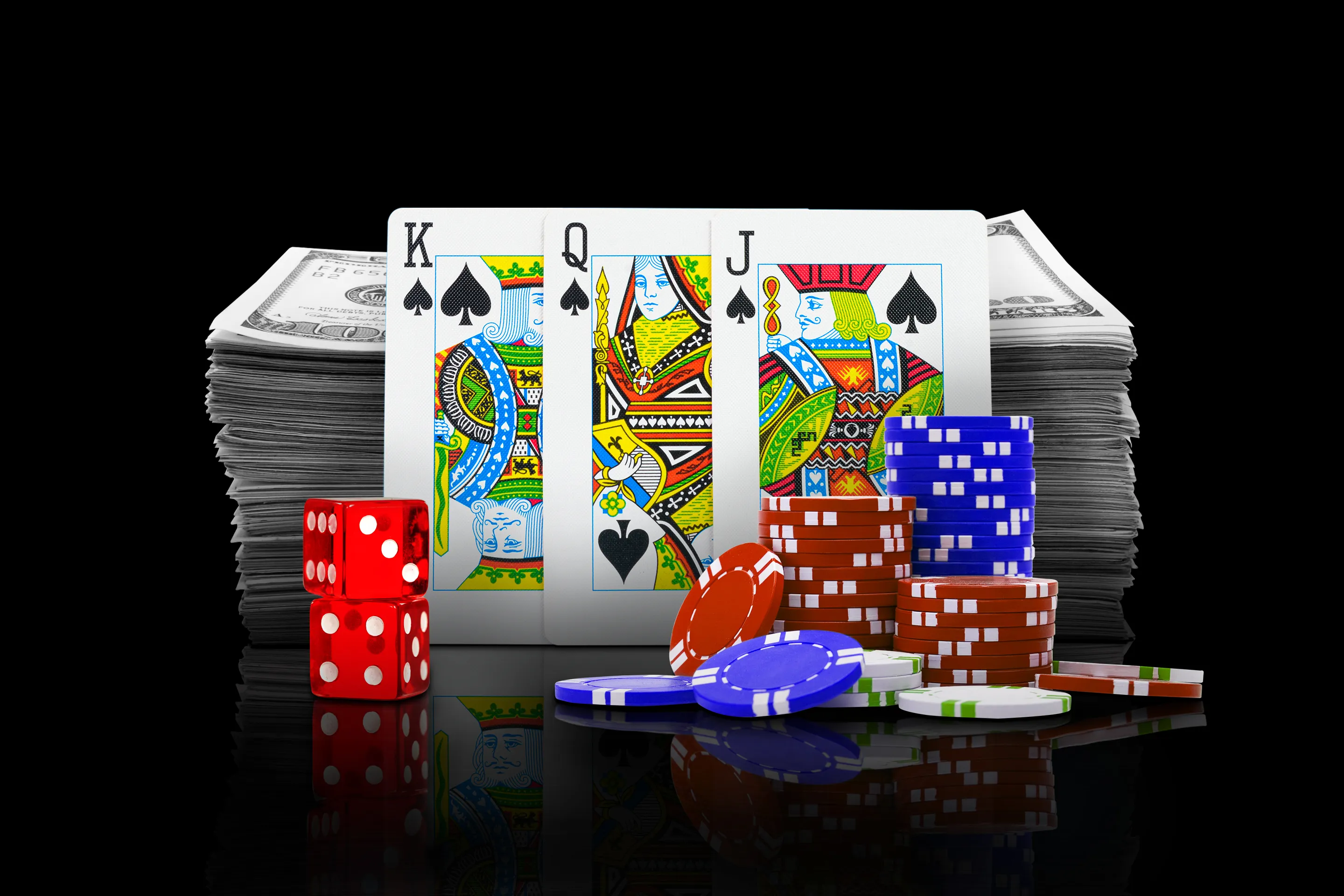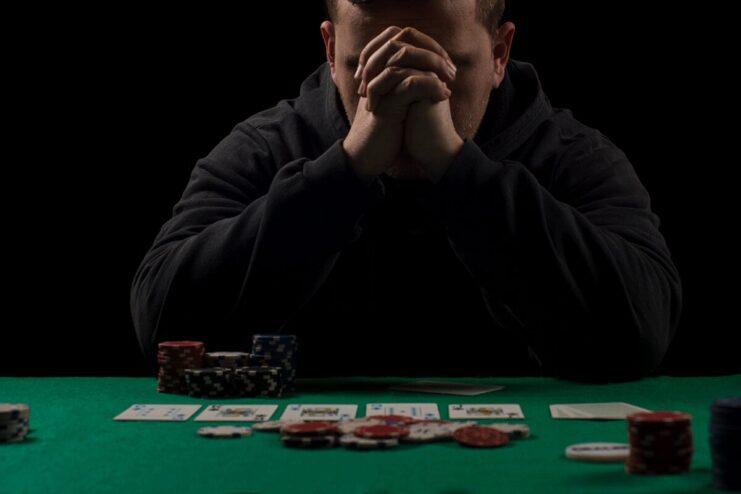Gambling and mental health can have a complicated relationship. For some, gambling can be an exciting pastime that is enjoyed responsibly.
However, for others, it can become a compulsive habit with serious consequences on quality of life and well-being. In this article, we will explore the intersection between these two seemingly disparate subjects to gain greater insight into how best to manage the potential risks associated with gambling and its effects on mental health.
We will look at the latest research to better understand how our brains respond when faced with risk and reward, as well as strategies for managing those responses effectively. So join us now as we delve deep into Mind Games: Exploring the Relationship Between Gambling and Mental Health!
Factors Influencing Problem Gambling and Mental Health
The relationship between problem gambling and mental health is complex. Gambling can lead to an array of mental health issues, including depression, anxiety, and suicidal thoughts. In addition, problem gambling can be a result of existing mental health problems such as stress or low self-esteem. Understanding the factors that influence this connection is key to preventing potential negative outcomes for individuals engaging in gambling activities.
Research suggests that certain demographic traits may increase the risk of developing a gambling disorder due to its association with mental health challenges. For example, those who have experienced traumatic events as children are more prone to developing a gambling addiction than others who did not experience trauma as children.
Additionally, people living below the poverty line or experiencing high levels of economic hardship are more likely to engage in risky behaviors like excessive gaming or betting which could lead to a greater chance of developing a compulsive behavior disorder related to problem gambling. Age also plays an important role when it comes to determining one’s vulnerability towards problem gambling and its associated mental illnesses; younger individuals tend to be more susceptible because they lack life experience and knowledge about potential risks associated with reckless decisions made while participating in games of chance.
Furthermore, gender has been linked with different rates among men and women suffering from addictive behavior disorders due primarily to their varying approaches towards dealing with stressors caused by environmental factors such as financial difficulties or marital issues; men often turn toward external forms of escapism like substance abuse whereas women tend toward internal coping mechanisms such as binge eating or compulsive shopping leading them into cycles of debt which might eventually evolve into problematic patterns involving online casinos or sports betting sites, etc.
Finally, cultural attitudes regarding how acceptable it is socially acceptable for people within specific societies to view participating in casino-based games can play an influential role on whether someone develops an underlying dependency on wagering activities over time; if there’s a strong belief system instilled at home that reinforces the idea that playing cards for money equates wastefulness then chances are the much higher person will refrain from taking part altogether versus another place where card playing isn’t frowned upon nearly so heavily by social norms.
Treatment Options for Compulsive Gamblers

When it comes to treating compulsive gambling, there are several options available for those seeking help. Cognitive Behavioral Therapy (CBT) is often the most commonly used approach and can be successful in helping gamblers understand their behavior, modify thoughts and feelings that lead to gambling, and develop strategies for managing triggers. Addiction counselors also specialize in identifying underlying psychological causes of problem gambling and guide how individuals can make changes to their lifestyle choices.
Twelve-step programs such as Gamblers Anonymous may also be beneficial by providing support from peers who have experienced similar issues with addiction. Medication may also offer relief from cravings and withdrawal symptoms associated with compulsive gambling; however, it should always be prescribed under medical supervision.
Ultimately, finding the right treatment plan requires working closely with healthcare professionals who are knowledgeable about mental health conditions related to problems or excessive gaming behavior.
Strategies to Prevent Problem Gambling and Improve Mental Health
Gambling can have a profound impact on mental health, and it is important to take preventative steps to protect oneself from the risks of problem gambling. This article will explore various strategies that can help people reduce their risk of developing problems with gambling and improve their mental well-being.
One way to reduce the chances of developing a problematic relationship with gambling is through self-regulation. Self-regulating behaviors such as limiting the amount of time spent gambling, setting financial limits on how much money one spends while gambling, and taking breaks during extended gaming sessions are all effective ways to mitigate potential harm related to excessive or uncontrolled play.
It’s also important for individuals to recognize when they may be at risk for developing problems with gambling due to changes in emotional states or circumstances. When feeling particularly stressed or anxious, it is often best not to engage in any form of high-stakes gaming activity until these feelings subside; instead, engage in activities such as exercise or creative pursuits which provide more positive outlets for energy and emotions without introducing additional risk factors associated with problem gambling.
Another helpful strategy involves establishing healthy relationships with other people who share an interest in gaming activities but understand its inherent risks; having friends around who can offer support if needed helps create an environment where recreational play remains safe and enjoyable rather than risky or compulsive behavior driven by stressors outside those associated directly with betting itself.
Finally, seeking out professional help when necessary is another key factor in managing issues related to problem gambling; speaking openly about one’s concerns can open up opportunities for treatment options that might otherwise remain unavailable.
Conclusion

The relationship between gambling and mental health is a complex one. Gambling can create an exciting environment that allows individuals to escape from everyday worries, but it can also lead to serious problems such as addiction.
Those with existing mental health issues may find themselves at even greater risk of developing an issue with gambling or exacerbating their symptoms. On the other hand, gambling responsibly in a regulated environment (such as casinos online) can provide people with enjoyable entertainment while reducing their risks for harm. It’s important to remember that no matter how fun it may be, responsible gaming should always be kept top-of-mind.

